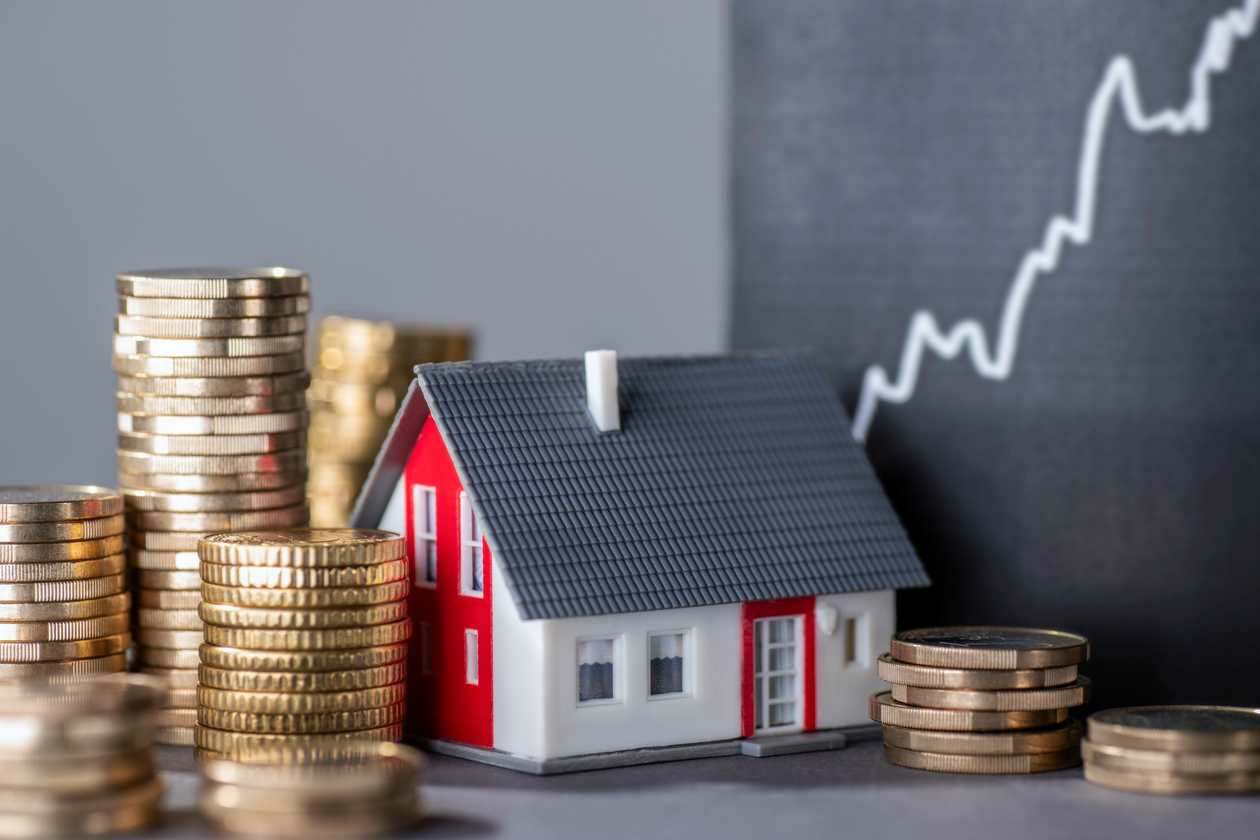
Real estate investment and real estate development represent distinct activities within the real estate industry in UAE and Egypt, and individuals aspiring to enter or deepen their understanding of the field often seek clarification on the differences between the two.
Real Estate Development
Real estate development is a commercial endeavor that involves acquiring real estate, renovating existing structures, and leveraging them for various purposes. The utilization of properties can take various forms, including selling or leasing. Alternatively, real estate development may entail the purchase of vacant lands, followed by the construction of new properties to create modern urban communities. The primary goal of real estate development is to contribute to the creation of innovative and contemporary living or business spaces.
Real Estate Investment
Real estate investment revolves around generating profits through involvement in real estate activities. In this realm, investors typically acquire various types of units, such as residential (apartments, villas) or commercial (office, medical) units. The focus is on obtaining returns through renting or selling these units, with a primary emphasis on achieving financial gains. Unlike real estate development, real estate investment often involves simpler transactions without delving into the complexities of comprehensive development operations.
Key Differences
Real Estate Investment: A commercial activity centered on the purchase or rental of high-value real estate units to maximize financial returns.
Real Estate Development: A commercial activity encompassing the creation of new projects, involving the entire process from acquiring land, designing, constructing, marketing, selling, or enhancing existing real estate for resale to investors and customers.
In summary, while real estate investment emphasizes the acquisition and utilization of existing properties for financial gains, real estate development involves the comprehensive process of creating new projects, contributing to the evolution of urban spaces.
Duties of a Real Estate Developer
- Financial and Commercial Feasibility Studies
Conduct comprehensive feasibility studies to analyze the market, determine costs, assess expected returns, identify risks, and evaluate other financial and commercial aspects of the project. - Project Planning
Develop a detailed plan for the project, encompassing building design, construction, infrastructure, and facilities. Define project requirements and specifications. - Licenses and Approvals
Obtain necessary approvals and licenses for project implementation, including construction permits and use permits in compliance with local regulations and laws. - Managing the Implementation Process
Collaborate with engineering offices and contractors to oversee project implementation, ensuring adherence to established standards and monitoring processes to maintain quality. - Marketing and Selling
Develop and execute marketing strategies for the property, implement promotional and advertising campaigns, and actively engage in the marketing and selling of developed properties to potential customers. - Real Estate Management
After project completion, assume responsibility for property management, focusing on maintenance, leasing, and the overall management of facilities and properties.
Goals of Real Estate Development
Achieving Profitability
Attain profitability by acquiring real estate at favorable prices, enhancing its quality through development, and offering it for sale or rent at higher prices.
Providing Residential and Commercial Units
Develop residential complexes and commercial projects that meet the diverse needs of customers by creating high-quality living and business spaces.
Contributing to Infrastructure Improvement
Contribute to the enhancement of city infrastructure by implementing public facilities, water and electricity networks, roads, and other vital components.
Providing Job Opportunities
Generate job opportunities throughout project implementation by collaborating with engineering offices, hiring engineers, workers, and technicians, thereby contributing to the local economy.
Community Development
Foster community development by implementing educational, health, and recreational facilities. Contribute to community well-being through cultural, environmental, and social initiatives, aiming for sustainable development in the cities of operation.
Duties of a Real Estate Investor
Before embarking on real estate investment activities, investors undertake a series of tasks and steps, including:
- Market Analysis and Research
Conduct comprehensive market analysis and research to understand trends, demand, supply, and pricing. Make informed investment decisions based on a thorough understanding of the market and alignment with its expectations. - Property Identification
Identify suitable properties for investment, considering residential, commercial, or industrial options that align with the investor’s goals and strategy. - Property Evaluation
Assess the property’s value and determine the expected financial return on investment. Conduct a thorough evaluation to ensure that the chosen property aligns with the investor’s financial objectives. - Marketing Real Estate
Develop and execute marketing strategies for real estate assets, utilizing channels such as advertisements, social media promotion, or collaboration with real estate brokers to enhance property visibility and attract potential buyers or tenants. - Performance Monitoring
Regularly monitor the performance of investments, assessing the extent to which they achieve targeted financial returns. Implement adjustments or strategies to optimize returns based on ongoing assessments. - Portfolio Expansion
Strategically expand the real estate portfolio by acquiring additional properties or participating in the development of new real estate projects. Continuously assess opportunities for growth and diversification within the portfolio.
In summary, a real estate investor’s duties encompass thorough market analysis, property identification and evaluation, effective management, strategic marketing, continuous performance monitoring, and the strategic expansion of their real estate portfolio.




